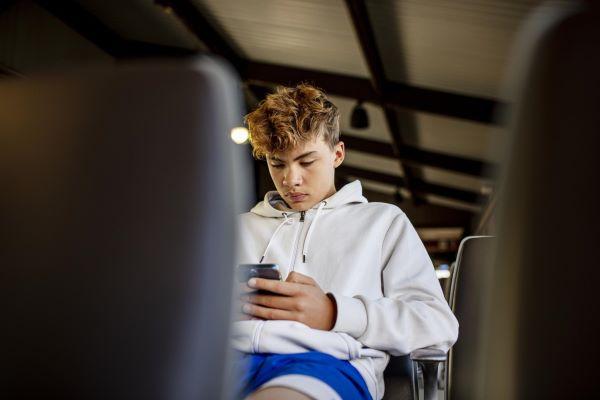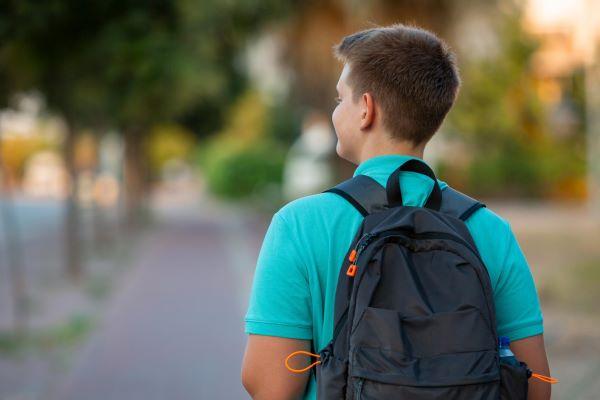On this page you will find the following topics:
- Pre-trial investigation process
- Barnahus work in university hospitals
- Hearing the child as part of the investigation
One of the key objectives of the Barnahus model is to ensure child-friendly court processes of a high quality.

Pre-trial investigation process
The police conduct a pre-trial investigation of sexual and assault offences against children, taking into account widely the other authorities related to the matter. The police consider different tactical and technical methods on a case-by-case basis for investigating the offence and to obtain evidence for or against the matter.
When investigating an offence against a child, the required coercive measures should be used in the manner enabled by legislation. When the pre-trial investigation progresses, it is important to remember the child’s best interest.

- Joleby, Malin 2021. Technology-assisted child sexual abuse, Thesis for Doctoral degree, Karolinska Instituset. Available: http://dx.doi.org/10.13140/RG.2.2.28018.22724
- NCMEC, National Center of Missing and Exploited Children 2022. Cyber Tipline 2021 Report. Available: https://www.missingkids.org/gethelpnow/cybertipline/cybertiplinedata
- Police of Finland: External environment and statistics
Barnahus work in university hospitals
The forensic psychiatry and psychology units for children and adolescents (Barnahus Centres) perform examinations when executive assistance has been requested by the police or the prosecutor. Child-friendly, multidisciplinary and knowledge-based activities are at the core of the Barnahus model. The examinations are related to suspected sexual abuse or assault of children or young people.
The examinations are part of the pre-trial investigation and they are conducted on the basis of requests for executive assistance made by the police, the prosecutor or a court of justice. The activities are governed by the Act on Organising the Investigation of Sexual and Assault Offences against Children.
If necessary, the units also provide consultation assistance and training to other authorities. The requests may be related to assaults and sexual abuse of children and young people, their assessment and investigation, and effects of traumatic experiences.

Video: A visit to Barnahus unit
The video describes, from the child’s point of view, what happens during a visit to a forensic psychology or psychiatry unit for children and adolescents in connection with a suspected violence. The video was produced as part of a Council of Europe project ”Ensuring child-friendly justice through the effective operation of the Barnahus-units in Finland”.
Hearing the child as part of the investigation
The purpose of interviewing children and young people is to support them in talking about their experiences as independently and accurately as possible. The preparations for the interviews are carried out by modifying the interview frame based on research evidence (NICHD) by taking into account the child’s individual needs and the preliminary information on the case.
In the interviews with the child, the suspicion of violence targeted at the child is examined broadly and there may be one or more interviews.
The interviews of children and young people are part of both the pre-trial investigation and the trial as children under the age of 15 and, in some situations, children under the age of 18, do not give evidence in court in Finland. Instead, their account is heard during the proceedings in the form of a recording made of the interview.
For an interview with a child or a young person to be possible in the court process, the child or young person must have sufficient linguistic abilities. The child’s individual abilities are assessed in a multidisciplinary manner before and during the interview. If necessary, interpreters are used in the interview and in that case, it is advisable to use specialised court interpreters.
During the interviews of children, the units also assess the child’s need for support and treatment.
Video: Forensic child interviewing technique
In the video, David LaRooy talks about the different types of questions used.

